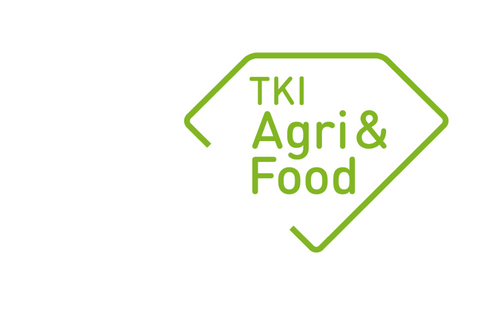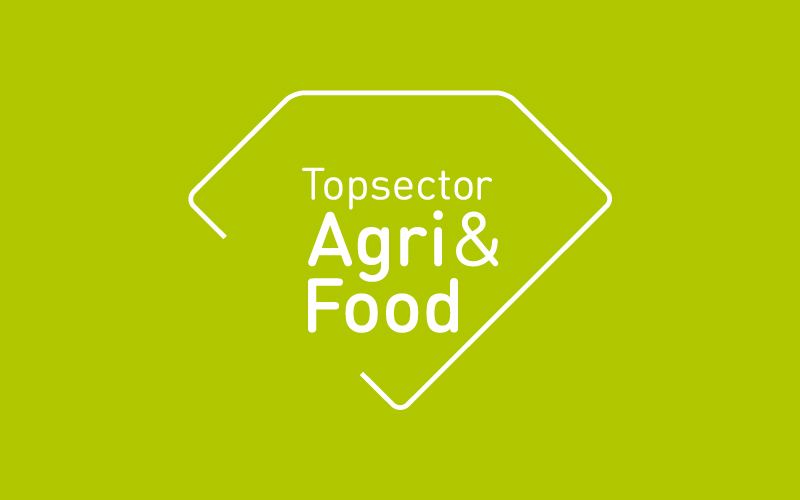Projecttitel: Combining innovation with tradition: improving resilience with essential nutrients and whole wheat bread
Projectnummer: AF-12083
Kernthema: Gezond en Veilig
Looptijd: 2014 – 2015
Budget publiek: € 450.000
Budget privaat: € 470.000
Projectleider: Jan Philip van Straaten
Projectpartners: TNO, DSM, University Medical Center Groningen, Wageningen University and Research Center, National Institute of Public Health and the Environment, Dutch Techcentre for Life Sciences, Nederlands Bakkerij Centrum
Samenvatting
In nutritional health research, many indications point into the direction of health-beneficial effects of basic food categories like fruits and vegetables, nuts, whole grain products and more. For health agencies, these indications (e.g. based on epidemiological studies, food consumption surveys and meta analyses) are sufficiently convincing to serve as basis for dietary guidelines. For food industry however, regulatory authorities (e.g. European Commission, EFSA) demand convincing evidence, based on dietary interventions, in health claim dossiers before judging positively for subsequent marketing communication of such health claim messages.
However, accepted methods and biomarkers which are required to demonstrate and quantify health benefits in nutritional intervention studies are frequently lacking. Hence, one of the current challenges in nutritional health research is to design science-based dietary interventions that will allow the evaluation of health improvements in apparently healthy consumers and to have new approaches and results accepted by regulatory authorities in health claim applications by industry. Contrary to pharma research, the use of disease-related single biomarkers is not a workable option in nutritional health research, due to the complex and varying composition of nutrition and the multitude of “targets” in the body.
Therefore, an overall measure for quantification of health status is needed, for which resilience – or “the ability to adapt”- has been suggested recently (Lancet 2009, 373, p781; Huber et al BMJ, 2011, 343, d4163; Health Council of the Netherlands. Publication A10/04. www.gezondheidsraad.nl/sites/default/files/bijlage%20A1004_1.pdf.). Resilience is the cumulative ability of overarching physiological processes (e.g. metabolism, inflammation, oxidation) to return to homeostatic levels after short term disturbances. Such processes become less flexible due to unhealthy lifestyles or dietary habits and ageing. Determination of resilience is approached by applying a short term perturbation of homeostasis followed by measuring of recovery time and amplitude of an array of markers using advanced analytical platforms (van Ommen et al, Mol. Nut. Food Res. 2009. 53, 795). Subsequent bioinformatical analyses of the combined data obtained then yields a quantified degree of resilience of the individual.
The current project is aimed at generating a breakthrough in this approach, by relating essential nutrients status to resilience status of population subgroups and by demonstrating improvement of resilience by intervention with essential nutrients and with whole wheat grain bread. The combined results of data obtained for whole wheat bread will serve as basis for application for a health claim on this product category.
Links
Bekijk hier de voortgangsrapportage 2014
Bekijk hier de voortgangsrapportage 2015
Deel dit bericht


